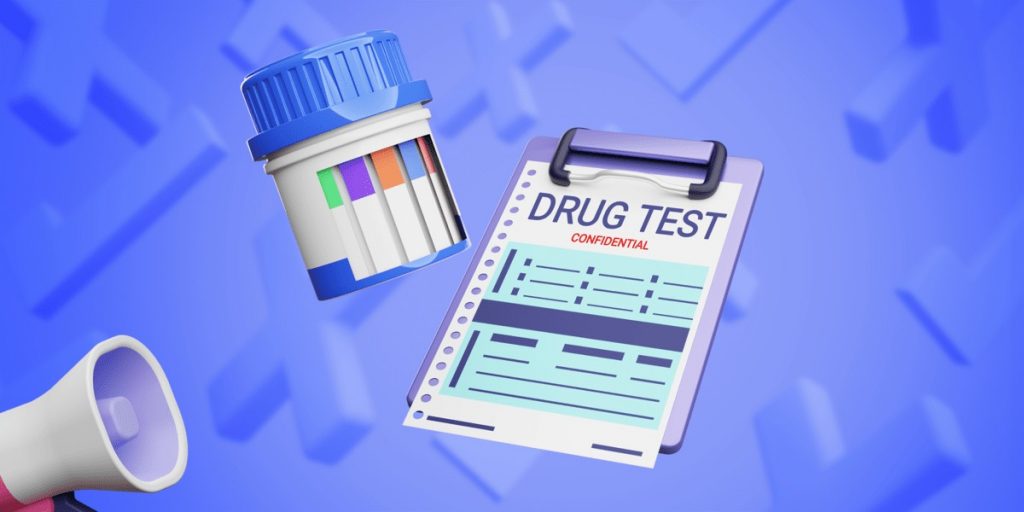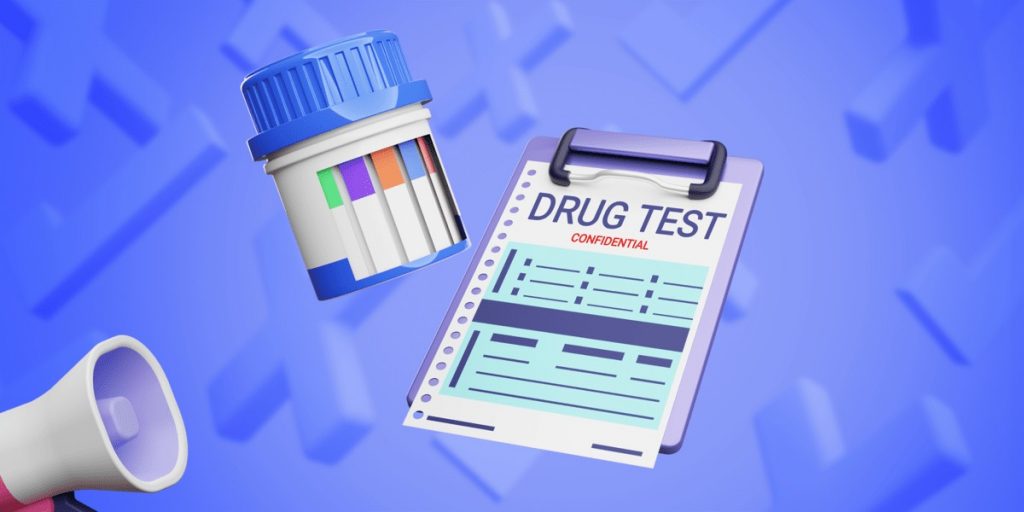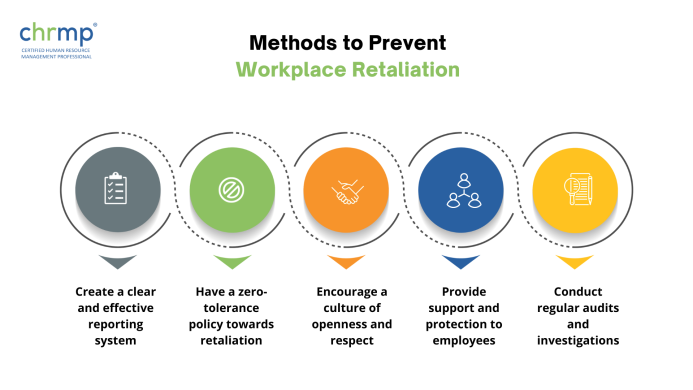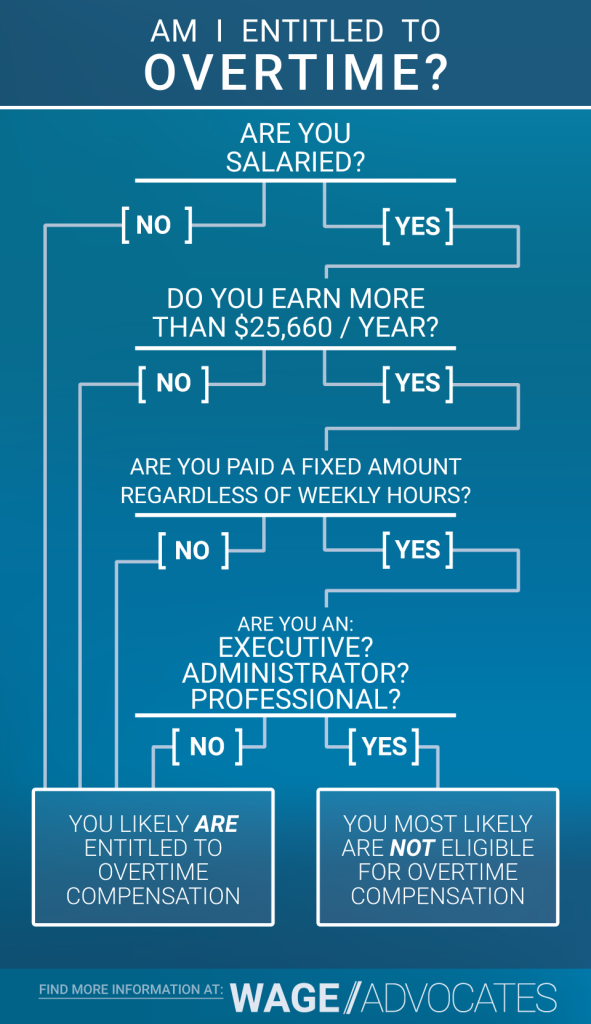
Navigating Pre-Employment Drug Testing Laws by State: Your Easy-to-Understand Guide
Pre-employment drug testing is a common practice for many companies across the United States. Employers use these tests to ensure a safe workplace, reduce liability, and comply with certain industry regulations. However, the laws governing when, how, and if employers can drug test job applicants vary significantly from state to state.
This can be a confusing maze for both employers trying to stay compliant and job seekers wondering about their rights. Don’t worry! This comprehensive guide will break down the complexities of pre-employment drug testing laws by state in an easy-to-understand way.
Important Disclaimer: This article provides general information and is not legal advice. Drug testing laws are complex and frequently change. Always consult with a qualified legal professional in your specific state for accurate, up-to-date guidance.
Why Are Drug Testing Laws So Complicated? Federal vs. State Power
The main reason for the complexity is the interplay between federal and state laws:
-
Federal Laws: These are national laws that apply across all states. For drug testing, the most prominent federal mandates come from:
- Department of Transportation (DOT): Requires drug and alcohol testing for employees in safety-sensitive transportation industries (e.g., truck drivers, airline pilots, train operators). These rules are strict and override state laws where applicable.
- Drug-Free Workplace Act of 1988: Requires federal contractors and grantees to establish drug-free workplace policies. It doesn’t mandate testing but encourages it.
- Americans with Disabilities Act (ADA): Protects individuals with disabilities. While drug addiction is generally not considered a disability if actively using, a history of addiction or being in recovery is protected. This means employers can’t discriminate based on past addiction, and reasonable accommodations might be required.
-
State Laws: Most pre-employment drug testing outside of federal mandates is governed by state laws. States can:
- Prohibit or Restrict Testing: Some states have very strict rules about when and how employers can test.
- Offer Incentives: Many states offer workers’ compensation premium discounts to companies that implement drug-free workplace programs that include testing.
- Address Specific Substances: Particularly with the legalization of cannabis (medical and recreational), state laws are rapidly evolving to address off-duty marijuana use.
The Golden Rule: State laws can be more restrictive than federal laws, but not less restrictive if federal law applies. For example, if a DOT-regulated employer is in a state with very lenient drug testing laws, they must still follow the strict DOT rules.
Key Considerations for Employers When Drug Testing
Before an employer even thinks about drug testing applicants, they should consider these crucial points:
- Written Policy: Almost every state that allows drug testing requires employers to have a clear, written drug testing policy. This policy should outline:
- Who will be tested (all applicants, specific positions).
- When testing will occur (pre-employment, reasonable suspicion, post-accident, etc.).
- What substances are tested for.
- Consequences of a positive test or refusal to test.
- How results will be kept confidential.
- Notice to Applicants: Applicants usually must be informed that drug testing is a condition of employment before they are tested.
- Consistency: The policy must be applied consistently to all applicants in similar positions to avoid claims of discrimination.
- Confidentiality: Test results are considered confidential medical information and must be handled with the utmost privacy.
- Accurate Testing Procedures: Using certified labs and proper collection procedures is essential to ensure accurate results and defend against legal challenges.
- Job-Relatedness and Business Necessity: For some positions, especially those with safety implications, drug testing is more easily justified. Employers should consider if testing is truly necessary for the specific job role.
Understanding State-Specific Nuances: A Categorical Approach
Instead of listing every single state (which would be incredibly long and quickly outdated), we’ll categorize states based on their general approach to pre-employment drug testing.
Category 1: States with Strict Regulations and Employee Protections
These states often have specific statutes that outline precise procedures, notice requirements, and limitations on drug testing. Employers in these states need to be especially careful to comply.
- Examples: Maine, Montana, Vermont, Rhode Island, Minnesota.
- Common Requirements/Restrictions:
- Probable Cause/Reasonable Suspicion: Some states (like Maine) may require reasonable suspicion even for pre-employment testing for certain non-safety-sensitive roles, or limit pre-employment testing to only specific types of jobs.
- Confirmatory Tests: Often require a second, more precise test (GC/MS) if the initial screening is positive.
- Opportunity to Explain: Applicants often have a right to explain a positive result (e.g., due to prescription medication).
- Licensed Laboratories: Mandate the use of laboratories certified by specific state or federal agencies.
- Limited Substances: May restrict what substances can be tested for.
Category 2: States with Moderate Regulations or Specific Industry Rules
Many states fall into this category, where drug testing is generally permitted but often with certain rules regarding notice, policy, and sometimes substance-specific limitations (especially concerning cannabis).
- Examples: California, New York, Connecticut, Arizona, Arkansas, Colorado, Illinois, Maryland, Massachusetts, Nevada, New Jersey, New Mexico, New York, Pennsylvania, Virginia, Washington. (Many of these are states with legalized cannabis).
- Common Requirements/Restrictions:
- Written Policy & Notice: Almost universally required.
- Fair Testing Practices: Emphasis on non-discriminatory application.
- Cannabis Protections (Growing Trend): Many states in this category have passed laws protecting employees/applicants for off-duty, lawful cannabis use (medical or recreational), unless it impairs performance or the role is safety-sensitive. We’ll dive deeper into this below.
- Workers’ Comp Discounts: Many states offer incentives for employers to have drug-free workplace policies.
Category 3: States with Fewer Specific Restrictions (At-Will Employment States)
In "at-will" employment states, employers generally have more latitude to set employment terms, including drug testing, as long as they don’t violate federal anti-discrimination laws (like the ADA) or other common law principles (like invasion of privacy if testing is overly intrusive).
- Examples: Texas, Florida, Georgia, Alabama, Mississippi, North Carolina, South Carolina. (Many of these states still have medical cannabis laws, which can create nuances).
- Common Practices:
- Generally Permitted: Pre-employment drug testing is largely permissible without extensive state-mandated procedures.
- Employer Discretion: Employers have more discretion but should still implement clear policies and apply them consistently to avoid legal challenges.
- Federal Laws Still Apply: ADA, Title VII, and DOT regulations still apply.
Marijuana and Drug Testing: A Rapidly Changing Landscape
This is arguably the most dynamic area of drug testing law. As more states legalize medical and/or recreational cannabis, the conflict between state-legal cannabis use and federal prohibition (where cannabis remains illegal) creates significant challenges for employers.
Key Trends and Considerations:
-
Medical Marijuana Patient Protections:
- Some States Protect: Many states with medical marijuana laws (e.g., Arizona, Arkansas, Connecticut, Delaware, Illinois, Maine, Maryland, Massachusetts, Minnesota, Nevada, New Hampshire, New Jersey, New Mexico, New York, Oklahoma, Pennsylvania, Rhode Island, Vermont, Virginia, West Virginia) have provisions protecting registered medical marijuana patients from adverse employment actions solely based on a positive drug test for cannabis, unless they are impaired at work or the job is safety-sensitive/federally regulated.
- Some States Do Not Protect: Other states with medical marijuana laws (e.g., Florida, Georgia, Idaho, Iowa, Kansas, Kentucky, Mississippi, North Carolina, South Carolina, Tennessee, Texas, Utah, Wisconsin, Wyoming) explicitly state that their medical marijuana laws do not require employers to accommodate medical marijuana use or alter their drug-free workplace policies.
- "Reasonable Accommodation" Debate: The ADA doesn’t protect current illegal drug use, but the question arises if medical cannabis (legal at the state level) warrants reasonable accommodation. Courts are split on this.
-
Recreational Marijuana Protections:
- A growing number of states and localities are banning pre-employment marijuana testing for most jobs.
- Examples of States/Cities with Bans/Restrictions:
- Nevada: Generally prohibits pre-employment marijuana testing, with exceptions for safety-sensitive roles.
- New York (State and City): Generally prohibits pre-employment marijuana testing for most positions, with exceptions for safety-sensitive roles or where required by federal law.
- New Jersey: Has similar restrictions.
- Philadelphia, PA: Banned pre-employment marijuana testing for most non-safety-sensitive jobs.
- San Francisco, CA: Has similar restrictions.
- California (State): New laws (effective Jan 1, 2024) protect off-duty marijuana use for most positions, making it harder to use drug tests that detect non-impairing cannabis metabolites.
- Washington: New laws (effective Jan 1, 2024) also prohibit pre-employment testing for non-psychoactive cannabis metabolites for most jobs.
- Safety-Sensitive Exception: Almost all these laws have carve-outs for positions where impairment could pose a safety risk to the employee, coworkers, or the public (e.g., operating heavy machinery, driving, certain healthcare roles).
- "Fitness for Duty" vs. Metabolites: The trend is shifting from testing for non-impairing cannabis metabolites (which can stay in the system for weeks) to testing for actual impairment at work. This is a significant technological and legal challenge.
Specific Industries & Federal Mandates (DOT Drug Testing)
It’s crucial to remember that if an employer falls under federal mandates, those rules generally take precedence.
-
Department of Transportation (DOT):
- Who it applies to: Truck drivers (CDL holders), airline pilots, bus drivers, train operators, pipeline workers, maritime workers, etc.
- What it requires: Mandatory pre-employment, random, post-accident, reasonable suspicion, and return-to-duty drug and alcohol testing.
- Substances tested: Marijuana, cocaine, amphetamines, opioids, and phencyclidine (PCP).
- Uniformity: DOT regulations are largely uniform across all states, regardless of state-specific cannabis laws (meaning DOT-regulated employees can still be fired for a positive marijuana test, even if medical or recreational cannabis is legal in their state).
-
Federal Contractors: Companies with contracts with the federal government may be subject to the Drug-Free Workplace Act, which encourages but doesn’t always mandate specific testing, leaving more room for state law influence.
Best Practices for Employers
Given the complex and evolving nature of these laws, employers should:
- Consult Legal Counsel: This is paramount. A lawyer specializing in employment law in your state can provide tailored advice and help draft compliant policies.
- Develop a Clear, Written Policy: Ensure it covers all aspects of drug testing (types, substances, consequences, confidentiality) and is easily accessible to applicants and employees.
- Apply Policies Consistently: Avoid any actions that could be perceived as discriminatory.
- Stay Updated: Drug testing laws, especially concerning cannabis, are changing rapidly. Regularly review and update your policies.
- Focus on Impairment (Where Applicable): For states with cannabis protections, shift focus from detecting past cannabis use to ensuring employees are not impaired while on duty. This might involve fitness-for-duty evaluations.
- Use Certified Labs: Always use laboratories certified by the Substance Abuse and Mental Health Services Administration (SAMHSA) or equivalent state bodies.
- Respect Privacy: Treat all drug test results as confidential medical information.
Your Rights as an Applicant/Employee
If you’re a job seeker, understanding your rights can help you navigate the pre-employment process:
- Know Your State’s Laws: Research your state’s specific drug testing regulations. Many state labor departments provide information online.
- Read the Policy: Employers are generally required to provide you with their drug testing policy. Read it carefully to understand what to expect.
- Ask Questions: If anything in the policy is unclear, ask the employer or HR for clarification.
- Disclose Prescription Medications (Carefully): If you test positive due to a legitimate prescription, you usually have the right to explain this to a Medical Review Officer (MRO). Do not disclose your medical conditions to the employer directly unless absolutely necessary and only after consulting with an MRO or legal counsel.
- Understand Medical Marijuana Protections: If you are a registered medical marijuana patient, understand if your state’s law protects you from discrimination based on off-duty use.
- Seek Legal Advice: If you believe your rights have been violated, consult with an employment lawyer.
Conclusion
Pre-employment drug testing laws are a patchwork of federal, state, and even local regulations, further complicated by the evolving legal status of cannabis. For employers, navigating this landscape requires diligence, clear policies, and consistent application to avoid legal pitfalls. For job applicants, understanding your rights and the nuances of state laws empowers you to navigate the hiring process confidently.
Remember, this guide is a starting point. Always seek professional legal advice tailored to your specific situation and location. Staying informed is the best way to ensure compliance and protect your interests in the dynamic world of workplace drug testing.




Post Comment